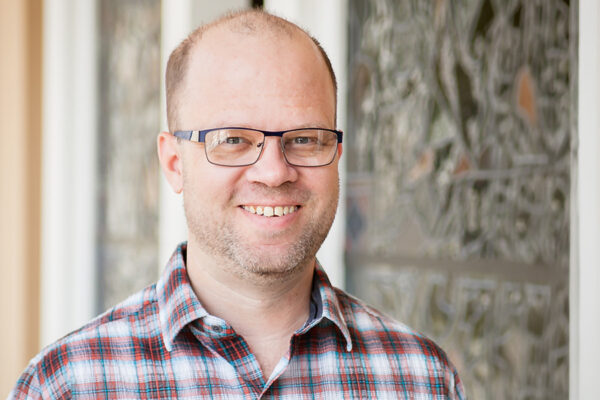Acknowledgements
The next time you open up a book – be it a science fiction thriller or the latest Abraham Lincoln biography – you will be tempted to flip directly to the first page.
Forget the table of contents or that strange page with all the tiny print that tells you the copyright date and the Library of Congress cataloging information. You’ll want to get straight to the good stuff.
After all, the whole purpose of reading a book is to get to the part where you’re captivated by new information or find yourself fully immersed inside a fictional world.
But at some point between when you first take the book off the shelf and when you close it up for the last time, there’s one page you should make sure to read – the acknowledgements. Yes, at first glance, it might seem like a random listing of people’s names whom you’ve never met.
Why should you care if the author chooses to thank her publicist or the barista who served her a latte each morning? These are not important people to you.
Yet, I’ve always found a certain joy in reading these brief words. In fact, the acknowledgements is the first page I turn to when starting a new book. For one thing, it can give you a rare view into the writer as an actual human being.
Never mind his creative ability to produce an alternate literary universe, who does the novelist decide to recognize as a collaborator in his success? A spouse? An agent? A bakery around the corner that supplied sustenance while writing?
When Nelson DeMille wrote his bestselling novel Wild Fire in 2007, his acknowledgements included everyone from the Queen of England “for promoting literacy” to reality star Paris Hilton “whose family hotel chain carries my books in their gift shops” to authors Don DeLillo and Joan Didion “whose books are always before and after mine on bookshelves.”
For some authors, there’s no limit to the breadth of acknowledgements to be made. Which leads to a more substantial reason for reading these sometimes endless lists of names: it reminds us of our own need to acknowledge others.
We’d be kidding ourselves if we think we accomplish just about anything without the help and collaboration of others. And yet, published authors are among a select few who have the distinct opportunity to publicly thank and acknowledge the countless people who have played a role in their success.
How fitting, then, that some of the final words we say at most funerals is a prayer that asks God to “acknowledge…a sheep of your own fold…a sinner of your own redeeming.” As we celebrate the life of a saint and give thanks for the lives they have touched, our final act is then to ask the one we call the Author of life to acknowledge their efforts.
If we thought of our own lives like any good book, somewhere between our first words and our last there is hopefully a fair portion dedicated to acknowledgements. Yes, reading that list of names in a book might seem like a rather tiresome task. But the ability for each of us to recognize our connectedness and give thanks for it – that’s a skill worth cultivating.
What joy it might add to our lives if, in everything we did, we saw the beauty of others’ work or the care of another person’s actions. What thankful hearts we might have if we began to realize that no piece of our life is untouched by the generous acts of others. How much more centered might our lives be if we awoke each morning acknowledging God for the gift of a new day?
Most of us won’t ever have the opportunity to pen our own pages of appreciation. But we can start with a spoken word of thanks, which might just turn into a life and faith centered in gratitude.
After all, the acknowledgements might be the easiest part of a book to ignore. But the gratitude shown in our daily lives is a critical piece of a compelling life.
-Katy Waren, associate pastor




